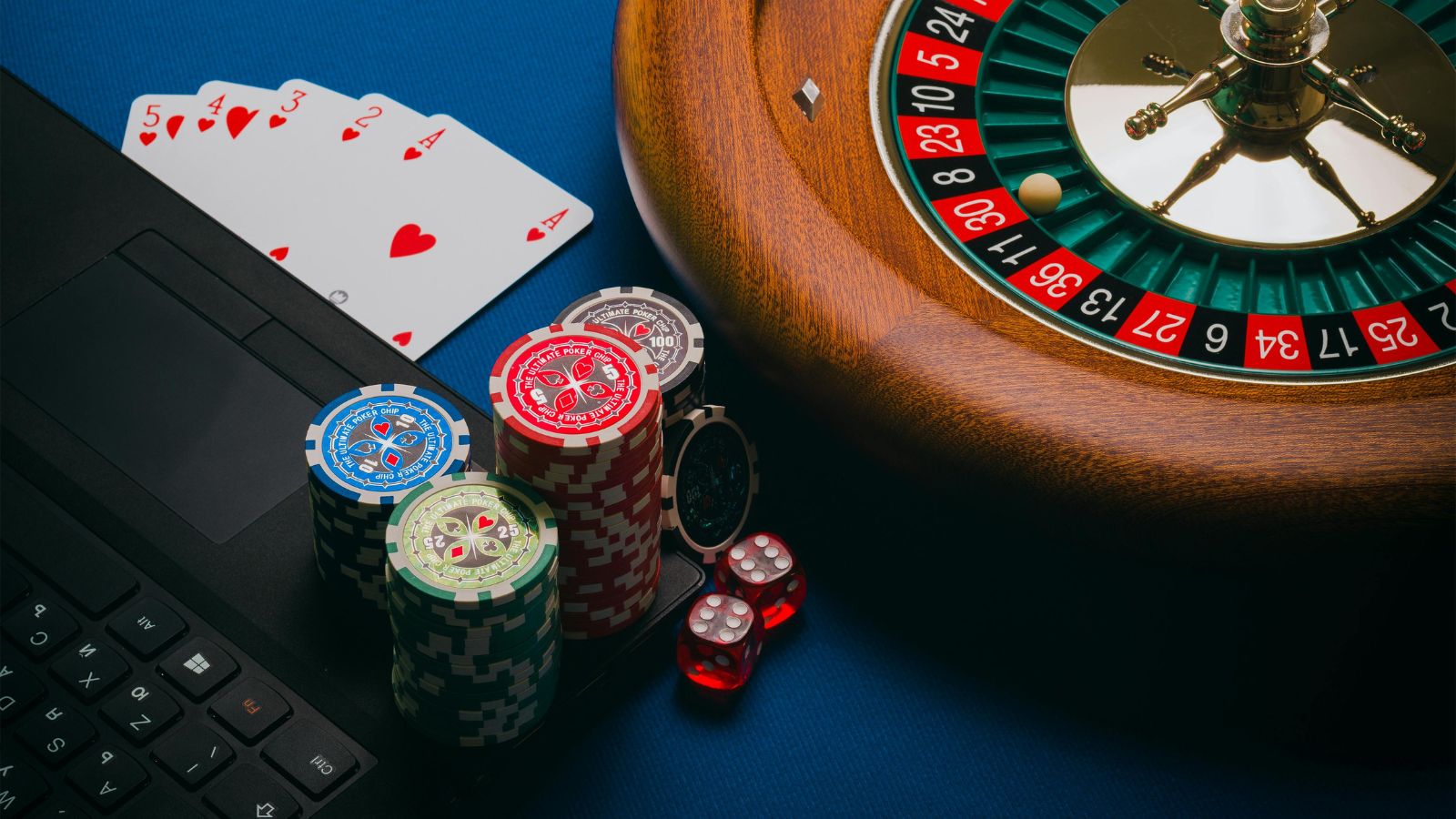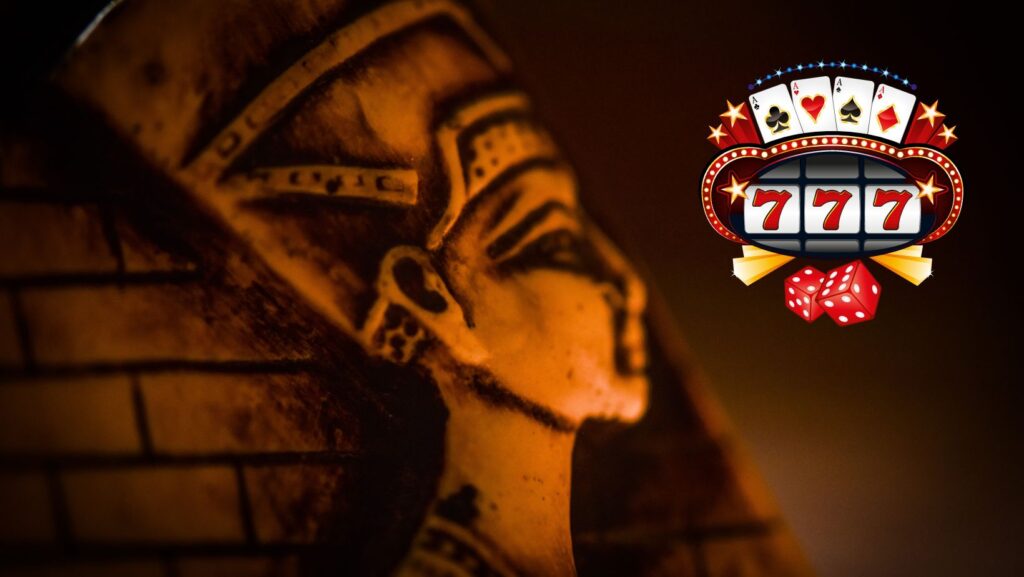What does a BASE jumper leaping from a cliff have in common with a player at a high-stakes blackjack table? While one risks life and limb and the other financial stakes, both are chasing the same powerful underlying force: adrenaline. These apparently different worlds share remarkable psychological parallels in how participants approach risk, make decisionas, and pursue peak experiences.
- Controlled risk
At the heart of both extreme sports and high-stakes gaming is the concept of calculated risk. This isn’t necessarily about recklessness but about control and expertise. A professional snowboarder will assess the terrain, weather conditions, and their own skill level before attempting a dangerous trick, whilst an expert poker player will calculate odds, read opponents, and manage their bankroll before making a significant bet. Research from the University of South Wales reveals that extreme sports participants are highly trained individuals with deep knowledge of themselves, their activity, and the environment, challenging the stereotype of reckless thrill-seekers.
- Split-second decisions
Both pursuits are defined by essential moments where a split-second decision can change everything. A surfer has a fraction of a second to read a breaking wave and position themselves correctly; similarly, a live roulette player has a limited window to place their bet before the ball drops. These scenarios demand exceptional cognitive skills to process information rapidly and act decisively under immense pressure. The ability to maintain composure whilst making critical choices separates novices from experts in both fields.
- Mental focus

To succeed under pressure, participants in both arenas must achieve a state of intense mental focus, often referred to as getting “in the zone”. Rock climbers need to block out everything except their next move, concentrating entirely on hand placement and body positioning. Similarly, a skilled gamer must focus on the flow of the game and their strategy, shutting out external distractions. The interface of the online casino at MrQ helps create this same state of deep focus, creating an environment where a player can fully engage with the thrill of the moment whilst maintaining strategic awareness.
- Dopamine rush
Whether it’s successfully landing a difficult trick or winning a significant hand, the successful navigation of risk triggers a powerful chemical reward in the brain. This flood of dopamine and adrenaline creates feelings of euphoria and accomplishment that participants describe as incomparable to everyday experiences. Recent research from Vancouver Coastal Health shows how both extreme sports and gambling activate the brain’s reward system in very similar ways, explaining why thrill-seekers in both industries keep returning for more. The neurochemical response to successfully managing high-stakes situations creates a natural addiction to these peak experiences, driving participants to continually seek out new challenges and greater rewards.
Both extreme sports and high-stakes gaming are humanity’s fundamental desire to test limits, embrace uncertainty, and experience life at its most intense. Whether scaling a cliff face or placing a strategic bet, participants are united by their pursuit of that perfect moment where skill, courage, and fortune converge.


